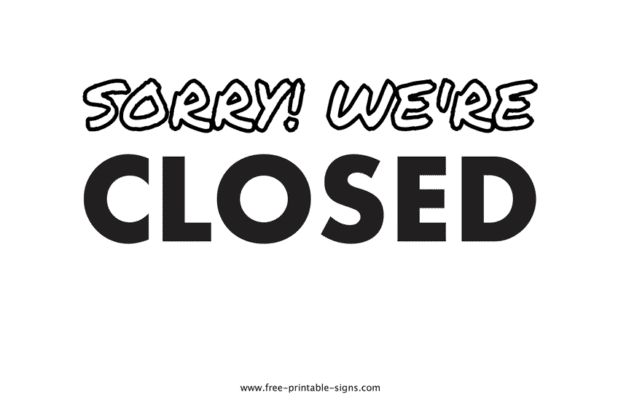Recession and Restaurants

Economists define a recession as two consecutive quarters of decline in the gross domestic product (GDP). The media defines it as anything that has tragic newsworthiness. Politicians only see recession when the other party is in power.
Restating an old joke is a slowdown when your neighbor loses his job. It’s a recession when you lose your job. It’s depression when you lose your house.
The closest parallel between today’s economic situation and the past in the 1970s. At that time, we had inflation, a recessionary economy, a big oil shock, a Federal Reserve that had been asleep at the wheel, and an ineffective President who appeared to be in over his head. Each one of those factors is also true today.
The first thing to know is that the world did not come to a stop during that time. People still went to restaurants and more than 9 out of 10 still had jobs. Where the pain for operators comes in, however, is the spending habits of people “on the margin.”
What does not have precedent in previous recessions is how the economic downturn will affect deliveries. It will be interesting to see how people react to delivery and associated price increases there. Pushback on fees from operators and customers alike was already gaining significant traction so there is a point of vulnerability. Operators typically raise their prices about 7-10 percent to offset the delivery charge they pay to a DoorDash for example.
The “cause and effect” aspects of the war in Ukraine have not yet been felt in their entirety. It’s not just wheat and oil. The multiplier effects on other commodities, particularly proteins will be substantial.
Prior to the recession, the cost of labor was increasing rapidly, and with unemployment so low and the demand for employees so high, labor costs will continue to rise. This in turn will force many operators to raise prices. Thus begins the wage/price spiral.
Every major recession for the last 50 years has been associated with an oil shock. With the recent unstable oil prices, this recession appears to be no exception to the oil shock-recession trend.
Also, the stagflation in the 1970s could easily happen again. That is truly dangerous. It robs the Fed of essential tools to curb inflation and it perniciously robs people of their income. Fortunately, the unemployment rate remains low, keeping us out of the depths of stagflation, but the threat remains.
Restaurants have been dealt a bad hand for more than 2 years now. As in the past, the industry has generally been characteristically nimble and flexible in response. Nevertheless, it looks like things will get worse before they get better.
this good article is published on Real Talk: Recession and Restaurants. by Scott Barnett